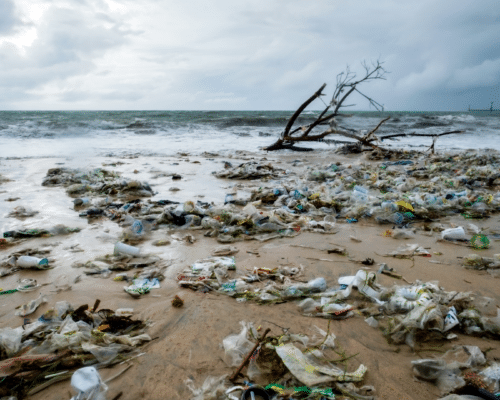Which Oil Companies Are Transitioning To Renewable Energy?
11 August 2022 – by Dhra D. N. Comments (0)
Historically, oil and gas companies and renewable energy companies have not been a good fit. For decades, oil companies ran advertisements to dismiss climate change. The oil and gas sector misled policymakers and the public with support from oil-backed think tanks. At the same time, the climate crisis worsened. An average oil and gas company still finds it hard to accept climate change as a reality.
The Pressure Is On for the Oil and Gas Industry
As efforts to reduce greenhouse gas emissions continue to gain momentum across the energy industry, pressure is mounting on the oil and gas businesses to accelerate emissions reduction efforts. Some investors and shareholders are demanding clear road maps from fossil fuel companies to replace their fossil-fuel-based business models and shift to renewable power. As a result, many investors now consider environmental, social and governance (ESG) rankings.
Transition Efforts to Renewable Energy by Oil and Gas Companies
Giant companies running oil and gas operations have agreed that climate change is a threat. Some have set net-zero emissions targets by 2050, while others are not quite ready yet. Meanwhile, key players in the transition to a low-carbon future have taken various actions.
Petronas
Petronas recently introduced a new clean energy company, Gentari. It aims to generate 40 GW of clean energy, mostly solar, and to capture 10% of the EV market share. The company wants to increase its renewable power capacity to 3,000 MW by 2024. This will include clean hydrogen projects scheduled to start operating in 2025.
Shell
Shell recently acquired a renewable energy platform group in India, Sprng Energy. It stated that the USD 1.55 billion deal would triple the company’s present installed renewable capacity. This marks Shell’s largest renewable energy deal, comprising 2.9 GWp of solar and wind assets and an additional 7.5 GWp more in the works.
BP Petroleum
Additionally, BP says it will develop 20 GW of renewable capacity by 2025 and 50 GW by 2030. The company says it plans to invest up to USD 60 million in a new electric vehicle (EV) battery testing centre in the UK. This was after announcing it would buy a 40.5% stake in the Asian Renewable Energy Hub. BP says it could become one of the world’s biggest green hydrogen and renewables hubs.
ExxonMobil
In 2021, ExxonMobil unveiled plans to spend USD 15 billion on GHG reduction initiatives over six years. They are focusing largely on carbon capture and storage (CCS).
Chevron
Chevron said it would spend USD 10 billion on low-carbon initiatives until 2028. Of this, USD 6 billion would be split evenly between renewable energy projects and carbon capture and offsets.
Ensuring a Clean Renewable Energy Transition
The IPCC’s latest report reveals that we are already lagging on the goal to keep warming at 1.5°C by 2050. They advised that drastic GHG emissions reductions should take place within this decade. Consequently, without action, permanent and catastrophic consequences are predicted.
The report also supports the use of technologies like CCS – a way to remove carbon dioxide emissions and store them underground. However, the solution brings about some concerns. It’s expensive and energy intensive. It also paves the way for oil and gas companies to curb emissions while increasing oil and gas production. A similar fate is slated for blue hydrogen initiatives or hydrogen produced from natural gas, which differs from the green hydrogen derived from renewable energy, as it relies on fossil fuels and will require CCS to keep it clean.
Oil and Gas Companies To Fulfil Their Pledges
According to research published in PLOS ONE, the oil and gas industry does not have the best record when it comes to scaling up its clean energy ambitions. The study shows a discrepancy between their actions and their discourse. Actions speak louder than words, and the industries must act immediately to give us a chance at successfully reducing global warming in time.




